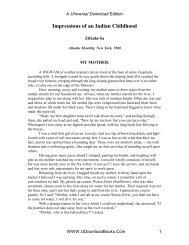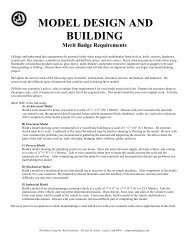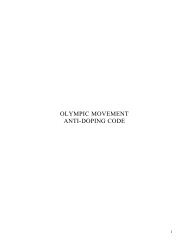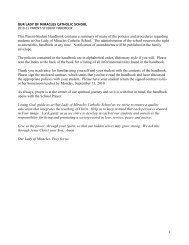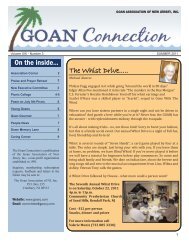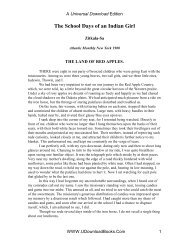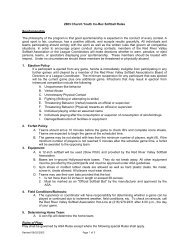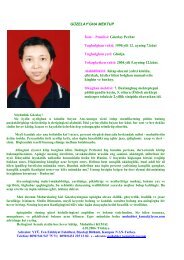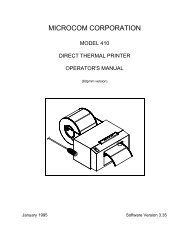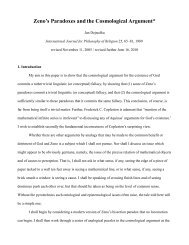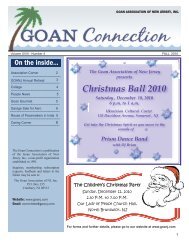Dummett's Backward Road to Frege and to Intuitionism - Tripod
Dummett's Backward Road to Frege and to Intuitionism - Tripod
Dummett's Backward Road to Frege and to Intuitionism - Tripod
You also want an ePaper? Increase the reach of your titles
YUMPU automatically turns print PDFs into web optimized ePapers that Google loves.
card packs <strong>and</strong> of figures subject <strong>to</strong> dual geometrical theorems. That is, we cannot transcendentally<br />
deduce the world of references from pure logic plus truth-conditions alone. For primitive logical names<br />
are not the only primitive names. And even within pure logic, as we just saw, Dummett admits that in<br />
Grundgesetze, <strong>Frege</strong> uses a permutation argument <strong>to</strong> show that value-range terms do not yet have<br />
references. And that is with the eight primitive logical names’ already expressing their senses <strong>and</strong><br />
referring <strong>to</strong> their references.<br />
For <strong>Frege</strong> <strong>and</strong> Quine, having a referential apparatus (“logical form”) alone, even including<br />
identity, is not enough <strong>to</strong> preclude systematic permutations. That is why <strong>Frege</strong> would require<br />
explications of some nonlogical terms, <strong>and</strong> why Quine requires references <strong>to</strong> rabbits in a home<br />
language. Quine says it is not the logical identity term, but sortal terms such as “rabbit,” that do the real<br />
work of individuation (1981: 12; 1975: 91, 116). Surely <strong>Frege</strong> would agree, using sortal concepts such<br />
as card pack. I call this the permutation problem for references.<br />
More deeply, the problem is this. The truth-conditions of identity statements cannot be<br />
unders<strong>to</strong>od unless we already underst<strong>and</strong> (the identity conditions of) the objects they are about. These<br />
are so interdependent, they are distinct only in reason. This might seem <strong>to</strong> give Dummett’s program at<br />
least a Pyrrhic vic<strong>to</strong>ry. But <strong>Frege</strong> starts with explications of names as opposed <strong>to</strong> statements. Thus for<br />
<strong>Frege</strong>, Dummett’s program presupposes what it purports <strong>to</strong> derive.<br />
Third, senses have the same problem. <strong>Frege</strong> says, “the thought itself does not determine what is<br />
<strong>to</strong> be regarded as the subject” (1970d: 49; see 46 n.*). Thus, since “a thought can be split up in many<br />
ways, so that” many things can appear as the subject (1970d: 49; see 46 n.*), there is a permutation<br />
problem even for the senses of logical subject-names. I call this the permutation problem for senses, or<br />
the problem of sensial inscrutability.<br />
The fourth problem is that as Dummett says, “According <strong>to</strong> <strong>Frege</strong>, the sense of an expression<br />
determines its reference” (1981: 266). He even says that “sense determines reference but not<br />
7




